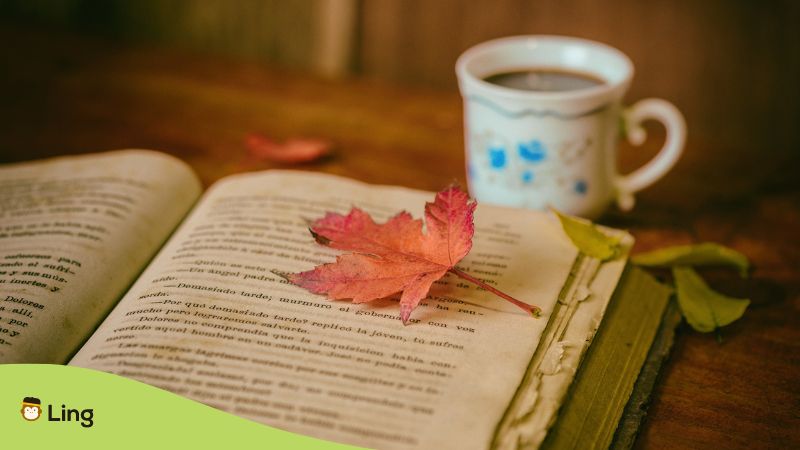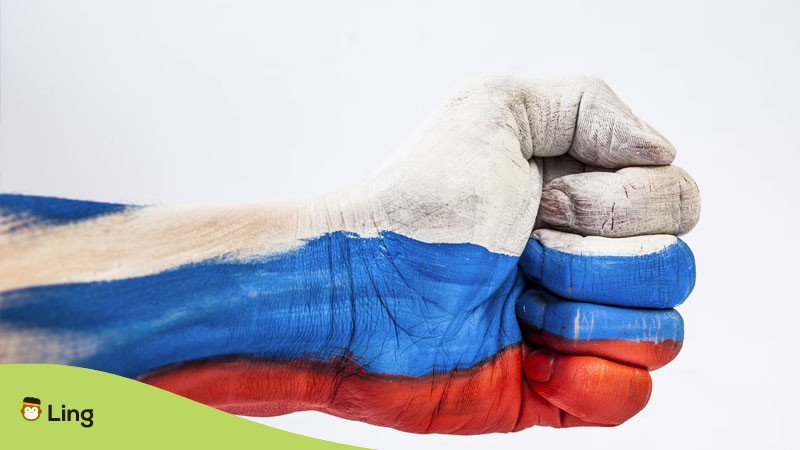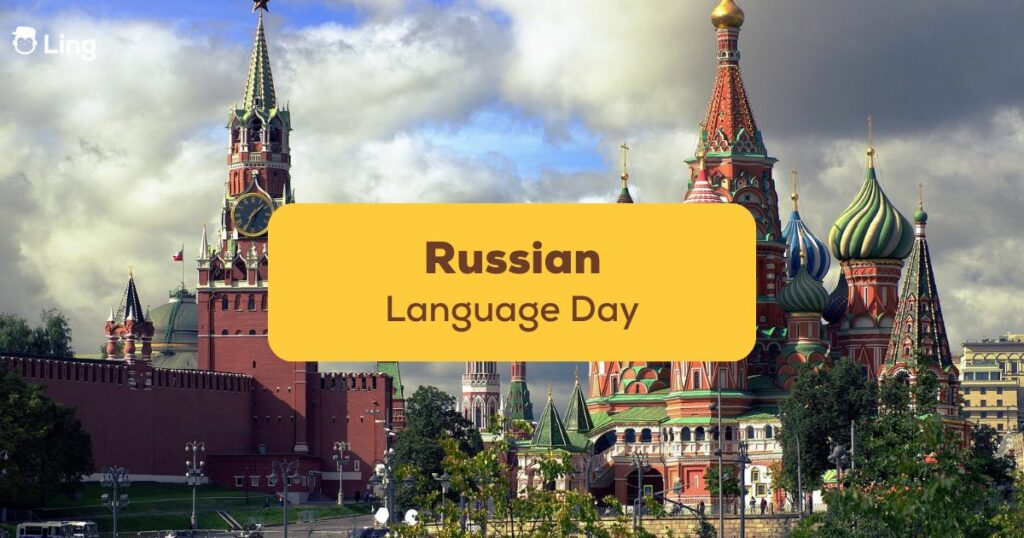Have you ever heard of Russian Language Day? Well, now you have! Russian Language Day (День русского языка) was established by the United Nations Educational, Scientific and Cultural Organization in 2010 to promote equal treatment and use among the six official languages in the UN (Russian, English, Spanish, Chinese, and Arabic).
In this post, we will learn all the details about Russian Language Day, what it is, and how it is celebrated. Additionally, I’ll share with you some Russian vocabulary to expand your repertoire.
Table Of Contents
Russian Language Day: A Brief Blurb
Why is this important? For the UN, multilingualism plays a vital role in communication between culturally diverse members. Celebrating languages around the world through their respective language days by highlighting their uniqueness shows just how powerful multilingualism is. It’s like a superpower to know different languages!
What Happens On Russian Language Day?
On this day, various cultural events related to the Russian language occur. The festivities change yearly, but you can expect a film screening or theatrical performance. These activities highlight how the Russian language plays a significant role in strengthening communication between people.

How Can I Celebrate Russian Language Day?
Excellent question! The Russian language definitely deserves a celebratory fest. It’s a language with many quirky, fun facts.
“What kind of fun facts?” you might be wondering… well, did you know that Russian is the official language of space along with English? Astronauts have to learn Russian as part of their training program prior to launching into space. The computer systems used by the International Space Station operate in both English and Russian. Talk about out of this world!
Here’s one more fact for you: Russian names follow a system: a first name, a family name, and a patronymic name (which is the father’s name plus a suffix ending). The surnames of children are where things get interesting— they’re gendered. This means a child’s surname will be the father’s name plus -voice for a son and -one for a daughter.
Isn’t Russian such a curious language that deserves some attention? I think so! Here are three ways you can celebrate Russian Language Day.
1. Read And Watch Russian Literature And Media
Russian literature is famous around the world for being notoriously complex yet hauntingly romantic when it comes to putting feelings into words. Classics from Fyodor Dostoyevsky and Leo Tolstoy are obvious favorites, as well as The Brothers Karamazov and Anna Karenina. But my favorite piece of Russian literature comes from the imaginative mind of Mikhail Bulgakov with The Master and Margarita, a satirical dark comedy that ventures into the madness that occurs when the devil arrives in Moscow one hot spring.
If you feel like popping on a movie, consider watching Beanpole (2019, Дылда), directed by Kantemir Balagov. This movie is set in post-WWII and follows a pair of female soldiers returning from the war and attempting to resume their normal lives in the torn city.
Here’s a second option for you that actually involves eleven movies to choose from: any film directed by the great Andrei Tarkovsky! A Soviet filmmaker who excelled in spirituality and dramatic plots, this director’s greatest hits include Stalker (1979, Сталкер), Ivan’s Childhood (1962, Иваново детство) — and my personal favorite — The Sacrifice (1986, Offret).
2. Throw A Russian Dinner Party!
Cook up some fun with a Russian theme by serving up some popular Russian dishes (and encouraging responsible sips of vodka) with your friends and family. Pierogis and gingerbread, anyone? Count me in!
3. Learn Some Russian Words
Did you know that Russian is the eighth most spoken language in the world? It’s true! Russian is spoken by approximately 154 million native speakers and is recognized as an official language in Russia, Belarus, Kyrgyzstan, and Kazakhstan (and “unofficially” in former Soviet territories Ukraine, Azerbaijan, Estonia, Georgia, Latvia, Lithuania, Moldova, Tajikistan, Turkmenistan, and Uzbekistan).
Curiously, Russian has some untranslatable words. Take the word pochemuchka (почемучка) for example. This word describes someone who asks too many questions.
Funnily enough, the word zapoy (запой) literally means “several days of drinking,” but this word has traces to ancient times. Centuries ago, Russian merchants were actually allowed to take a zapoy vacation. In 1807, Emperor Alexander I decreed that every Russian merchant would receive an annual period to cure their bolezn’ dushi (болезнь души) or “sickness of the soul.”
How Do You Say Russian Language Day In Russian?
In Russian, Russian language day is called День русского языка (Den’ russkogo yazyka).
Vocabulary Related To Russian Language Day
| English | Russian | Romanization |
|---|---|---|
| Language | Язык | Yazyk |
| Day | День | Den’ |
| Celebration | Празднование | Prazdnovanie |
| Culture | Культура | Kultura |
| Heritage | Наследие | Nasledie |
| Communication | Коммуникация | Kommunikatsiya |
| Linguistics | Лингвистика | Lingvistika |
| Translation | Перевод | Perevod |
| Interpretation | Интерпретация | Interpretatsiya |
| Expression | Выражение | Vyrazhenie |

Frequently Asked Questions About Russian Language Day
1. Why Is Russian Language Day Celebrated?
As part of UNESCO’s efforts, Russian Language Day emphasizes equality and tolerance, ensuring participation and equal access for native Russian speakers. When authority officials have their voices heard, their people can have their voices, too. The same goes for the other official languages!
2. Why Is Russian Language Day On June 6?
Fun fact: Russian Language Day coincides with the birthday of the Russian poet Alexander Pushkin (1799-1837). Considered to be the father of modern Russian literature, this holiday is an ode to the poet’s greatness that hailed from Russia.
3. What Makes Russian A Special Language?
Russian is an interesting language, audibly and visually. With a Cyrillic alphabet, it can look scary and intimidating to native English speakers, but Russian is surprisingly simple thanks to Russian pronunciation having consistent and clear-cut consistency. Even more so than English! It’s said that once you get started learning Russian, mastery of the spoken language is only a matter of practice.
Closing Words
Do you want to add to the hundred million strong that know how to speak Russian? You should consider giving it a go on the Ling app! With gamified learning lessons masterfully crafted by native speakers that you can tackle in fifteen minutes a day, you’ll have Russian words in your back pocket in no time. All in all, Russian is a great language to learn. If you put effort and consistency, you will master it.

































































